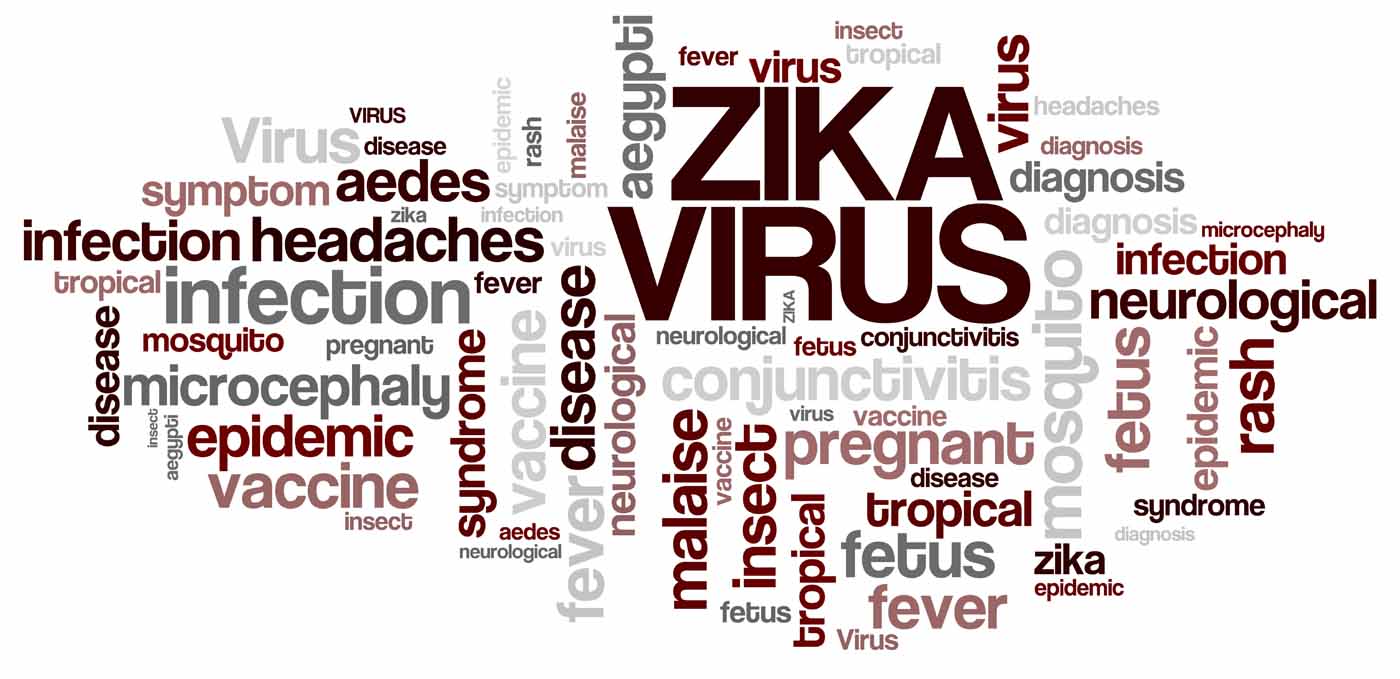The Zika virus was first discovered in 1947 in a rhesus monkey within the Zika Forest near Entebbe, Uganda. Over the next 60 years it spread throughout the world with the first reported case in America in 2008 via sexual transmission. In 2015 The World Health Organization (WHO) declared a Zika Virus epidemic which ended in November of 2016.
Signs and Symptoms:
- Fever
- Rash
- Headache
- Joint pain
- Muscle pain
- Conjunctivitis
Zika is usually mild with symptoms lasting for several days to a week. Infected people usually don’t get sick enough to go to the hospital, and they very rarely die of Zika. For this reason, many people might not realize they have been infected. Symptoms of Zika are similar to other viruses spread through mosquito bites, like dengue and chikungunya.
PLEASE NOTE: EXTREME RISK TO PREGNANT WOMEN
Treatment:
- There is no specific medicine for Zika.
- Get plenty of rest.
- Drink fluids to prevent dehydration.
- Take medicine such as acetaminophen (Tylenol®) to reduce fever and pain.
- Do not take aspirin and other non-steroidal anti-inflammatory drugs (NSAIDS) until dengue can be ruled out to reduce the risk of bleeding.
- If you are taking medicine for another medical condition, talk to your healthcare provider before taking additional medication.
Prevention:
- Prevent Zika by avoiding mosquito bites.
- Utilize insect repellent such as DEET.
- Zika can be passed through sex from a person who has Zika to his or her sex partners. Condoms can reduce the chance of getting Zika from sex.
- Take steps to control mosquitoes inside and outside your home.
More Information:
- Illinois Department of Public Health.
- Cook County Department of Public Health
- Centers for Disease Control and Prevention
- National Institute for Occupational Safety and Health

